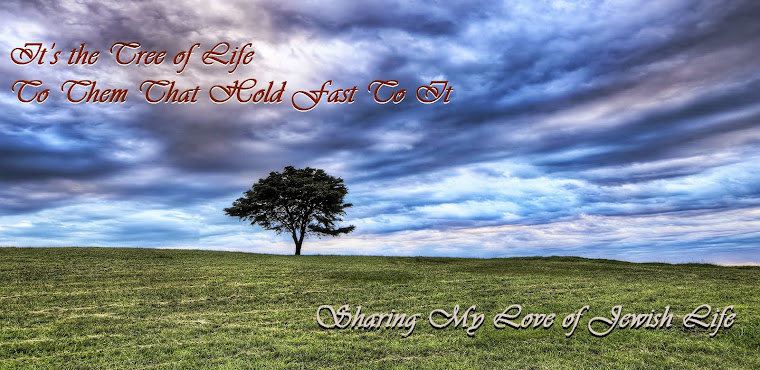There is, going around on social media, an adorable replica of the typical engagement announcement/invitation to an engagement party that have become all the rage for parents to send out to their family and friends. This replica, however, has in place of the names of the bride and groom, Hashem and Klal Yisrael. Shavuos and Matan Torah are often compared to a wedding, to the time when the Jewish people are wedded to Hashem. It’s a beautiful and sweet analogy… sort of.
Marriage is a word that we think should conjure up the emotions of love and trust. That is an ideal that some people are blessed to have on an individual level, but many are not. But, on a metaphysical level, our marriage with Hashem is one that Klal Yisrael can depend on.
It’s interesting to note that there are a lot of relationships in the Book of Ruth. Naomie is married to Elimelech, who alters the entire course of what was probably a normal, steady, happy life for his wife and their sons by deciding to move them to Moav. It isn’t a simple move. According to tradition, he moved to avoid the onus of responsibility to use his wealth to support the people of Yehuda during a time of famine or to avoid seeing his people suffer. Either way, he fled ignobly to a country known to be at odds with Israel and quite often the source of their suffering.
The Midrashim make it quite clear that the move was not the desire of Naomi, but a woman goes where a woman must. She lived in Moav and raised her family, and she never stopped longing for her homeland. Her sons married local princesses. Her husband died. Her sons died. Through all that she remained steady and was then ready to return home.
Steady, loyal Naomi was the woman that Ruth and Orpa saw. This was the woman that inspired them to want to stay with their foreign, former mother-in-law when life in a palace potentially awaited them. Through whatever pain or suffering or turmoil Naomi went through, she had one constant, and that was a desire to return to her old life. Not the old life as the wife of a wealthy merchant prince, which she knew was a life that was now long lost to her. She was yearning to be among klal Yisrael, to be in a place where her neshama could best connect to Hashem.
What Ruth followed when she followed Naomi, when she crossed into the land of Yehuda, was the desire to be part of something truly holy, something far bigger than she had ever known. She wasn’t interested in joining a new nation, per say. Ruth wanted to follow her mother-in-law because she wanted to be in the same relationship with the Divine that Naomi was. They had both experienced hardship. They had both suffered from widowhood and were left, in the end, childless. But Naomi still had her unwavering commitment to Torah and avodas Hashem, and to the understanding that Hashem still loved her as a member of His people no matter where she had been. This is what Ruth longed for. This is what she sought.
The marriage of Hashem and Klal Yisrael is about commitment. It’s about a commitment to being committed. It means knowing that in all times – good, bad, or otherwise – the relationship is one’s foundation. Naomi knew it. She did what she had to do, but she did not lose track of who she was or where she was meant to be. And Ruth saw that and knew that a commitment of that magnitude meant something. It was beyond the commitment of a mortal concept of love or partnership, because Klal Yisrael became, with the acceptance of the Torah, partners with Hashem, and Hashem is an unfailing, ever-giving partner. Those who recognize it, give with steady, honest devotion to the best of their abilities. And Ruth wanted to be in that relationship with the Divine.
At some point in most of our lives, we are like Naomi and like Ruth: strangers – individuals in a strange place with few, if any, people whom we know, let alone trust. Almost all of us have, as well, had times in which we suffered silent anguish, when our pain or our pride was so great that we could not share our troubles with anyone around us for fear that just mentioning it would burst us apart. Most of us, in spite of the challenges or the fear or the sense of a void, choose to move forward, choose to maintain a commitment to the eternal essence of the Jewish people…and that is what the holiday of Shavuos is all about. It’s about commitment.
Shavuos is once again upon us. The celebration of receiving the Torah at Har Sinai. The anniversary of our commitment. So pull out some wedding cake (cheesecake), stand up to a good book (Torah, Rus….), and celebrate your ongoing, ever-present relationship with the Hashem.
